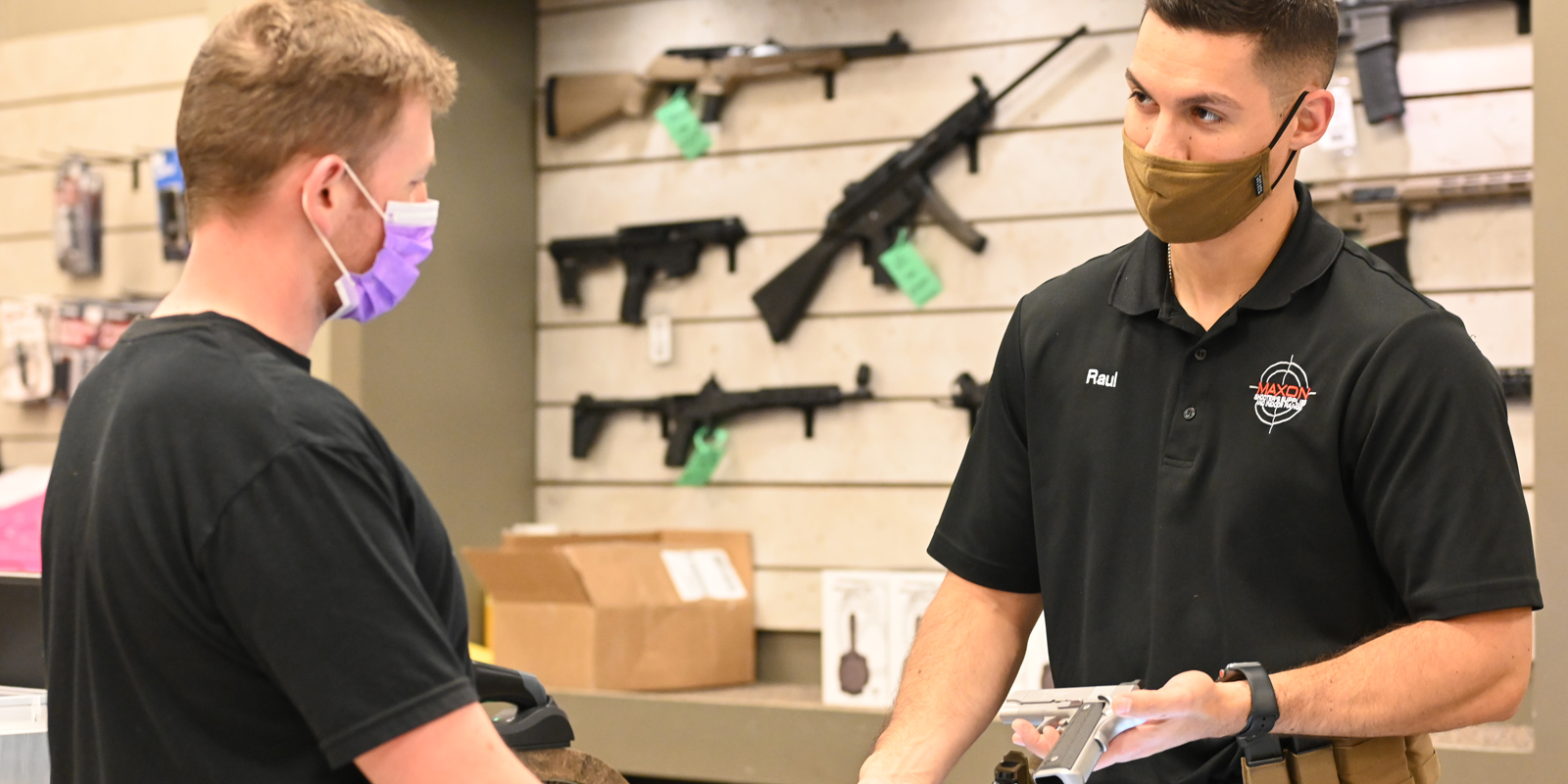
Bad Reporting on Illinois Gun Sales by CNN
This morning’s report by CNN Business on Illinois Gun Sales Surging is very poor reporting. The author misinterpreted NICS background check totals by state, misquoted me, and missed the real story.
Illinois Gun Sales
"No state has seen more gun sales this year than Illinois.
Federal authorities there have completed nearly 4.3 million gun background checks since January, including more than 955,000 submitted last month.
That's more April gun background checks than the next five highest-ranking states combined.
Texas, which has more than twice the population of Illinois, came in second, with nearly 188,000 April background checks."
Well, actually… no. There are approximately 2.3 million FOID card holders and 350,000 concealed carry licensees right now. ISP pings the NICS background check system with FOID / CCL holder re-checks as frequently as nightly. That process generates around 1 million NICS requests per month. These are called “Permit” and “Permit Re-Check” queries. Currently, actual transfer (firearms sales) activity is more like 50,000 per month. Mark Oliva from the NSSF tried to explain this to the CNN author at length, but to no avail.
States with fewer barriers to legally purchase firearms, like Florida and Texas, are running approximately 3x the transfer-related NICS checks as Illinois, and that is pretty stable.
I did discuss with this reporter how the FOID issuance backlog could have pushed some sales into this year as some FOID applications have been delayed for 9 months or more, and maybe a fresh FOID and a stimulus check encourages Illinoisans to buy their first gun. But it’s very difficult to measure that, and in no way do we have more new FOID holders than there are Texas or Florida gun buyers.
Lastly, I’m pretty sure I didn’t refer to AR-15’s as “weapons often used in high-profile mass shootings.” But hey: anything for the narrative. These website-only published stories are done on a very tight deadline, and the quality and depth of the research really suffers.
We will of course continue to be engaged with the media, as will the NSSF. But this sort of reporting is, while sensational, not really helpful in growing our community.


